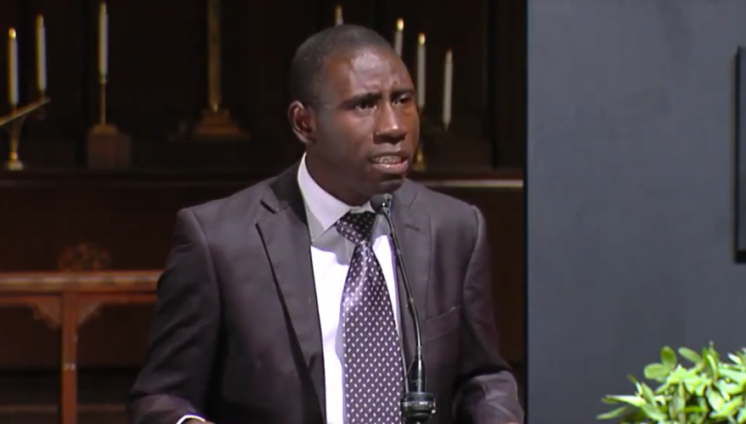A non-governmental organisation, Challenging Heights, is urging the government to release capitation grants to basic schools to avert a crisis.
According to the NGO, the capitation grant, which is supposed to be used to run the day-to-day affairs of public basic schools in Ghana, has been in arrears since 2019, and it was only in May this year that the first quarter of the 2019 grants were released.
This means the government owes basic schools 10 quarters in capitation grant arrears, running into an estimated ¢300 million, the NGO says.
In a statement released to mark world literacy day, Challenging Heights noted that “Schools are in crisis, with available evidence suggesting that some headteachers are using their already insufficient salaries, to run the schools.
"This situation is not only a threat to quality basic education in the country but also a threat to the sustainability of our schools”.
The capitation grant was introduced in 2005 by the government of Ghana to enable public basic schools to run fee-free and enable vulnerable and underserved children to have access to education.
Currently, the government pays ¢10 per child per term to the public basic schools. These grants are used by the schools to provide in-service training for teachers, payment of stationeries, and the procurement of teaching and learning materials, among several others.
The NGO also noted that “Concurrent with the capitation grant crisis is the lack of supply of textbooks to facilitate the implementation of the new educational reform program, the Standard Based Curriculum (SBC)”.
In 2019, the government of Ghana introduced the Standard Based Curriculum (SBC) in basic schools to make the educational system more participatory and facilitate creativity. In addition, teachers were trained and given Resource Packs to kick start the reform.
However, two years after the SBC was introduced, no official textbooks were printed or supplied for the children whose interest the reform was introduced.
Challenging height says, “If this situation is not rectified, the quality education we are all seeking would be compromised”.
September 8 was proclaimed International Literacy Day by UNESCO in 1966 to remind the international community of the importance of literacy for individuals and the need for an intensified effort towards more literate societies.
For challenging Heights, “Without adequate funding of public schools, Ghana might miss out on the targets set out in the Sustainable Development Goals on education”.
Therefore, the human rights organization is worried that adequate attention is not being paid to the timely release of the Capitation Grant and its attendant supply of textbooks.
Latest Stories
-
Not neutral, not indifferent: Why leadership in NPP (and NDC) matters to me
3 minutes -
Porter remanded over stealing, destroying metal guardrails at Obetsebi Lamptey overpass
4 hours -
5 remanded over GH¢2.3m and $191,900 fake notes
4 hours -
Trump says Israel and Iran have agreed to ‘complete and total’ ceasefire
4 hours -
Cedi holds firm against dollar; one dollar equals GH¢12.15 at forex bureaux
4 hours -
OIC applauds King Mohammed VI’s leadership in safeguarding Al Quds
4 hours -
Joyful Ethiopians and Eritreans embrace at rare border reopening
4 hours -
Police officers charged with murder of Kenyan blogger
5 hours -
US Tennis star Katrina Adams launches “Own The Arena” book in Accra
5 hours -
US Supreme Court allows Trump to resume deportations to third countries
5 hours -
US says Kilmar Ábrego García will ‘never go free’ after judge orders his release
5 hours -
Ignore Kennedy Agyapong’s claims; MMDCEs support not sponsored – Bawumia’s spokesman
5 hours -
Daily insight for CEOs: Strategic Agility – Thriving amid constant change
5 hours -
Mother and children suffer severe burns, appeal for support for life-saving treatment
5 hours -
‘Flower Power; An Arewa Story from the South’ opens at Worldfaze in Accra
6 hours

